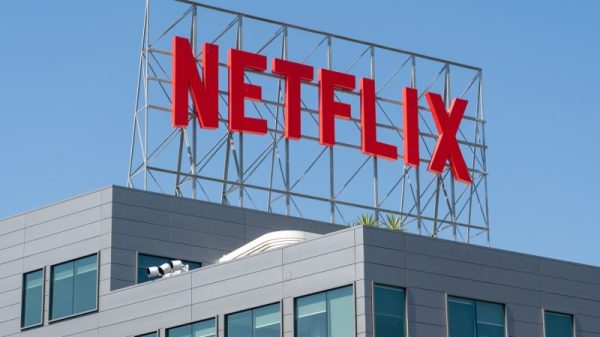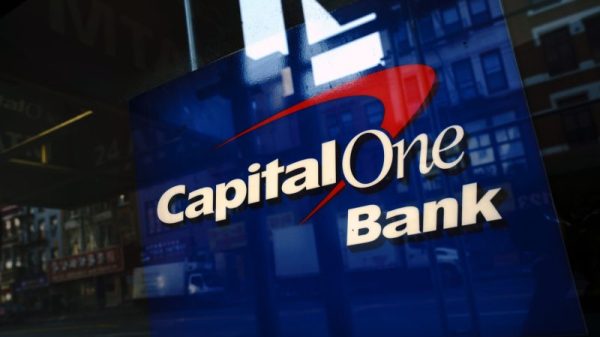By Jamie McGeever
ORLANDO, Florida (Reuters) – As if financial markets needed another factor to complicate the near-term outlook for Federal Reserve policy, the U.S. economy and asset prices, investors now have to make sense of a growing disconnect between real interest rates and financial conditions.
In simple terms, is U.S. monetary policy too tight or too loose? Normally this would be a fairly straightforward question, but there are currently contradictory signals.
By some measures, the Fed’s inflation-adjusted policy rate is nearing the highest level since 2007. And that’s after the jumbo-sized 50 basis point rate cut in September.
This would suggest the Fed has plenty of scope to continue cutting rates, perhaps even by “hundreds of basis points”, as Chicago Fed President Austan Goolsbee recently suggested.
The Fed’s current policy stance also appears highly restrictive when set against estimates of ‘R-Star’ – the nebulous real rate of interest that neither accelerates nor slows growth in a world of 2% inflation – which is currently estimated to be somewhere between 0.7% and 1.2%.
Yet many market-based measures of financial conditions tell a different story. They’re the loosest they’ve been in years by some gauges, largely due to Wall Street’s relentless rise.
So something has got to give: either the real cost of borrowing comes down, or financial conditions tighten. Or a bit of both. Yet it’s currently unclear which force will prevail.
MIXED MESSAGES
The U.S. economy looks to be in rude health, as evidenced by the 2.8% annualized GDP growth reported on Wednesday and the strong start to the corporate earnings season.
Meanwhile, investor risk appetite is holding up despite rising geopolitical risk and the looming U.S. presidential election. Stock prices have climbed more than 40% over the last 12 months – a remarkable run – and U.S. corporate credit spreads are the narrowest they’ve been in 20 years.
Yet as inflation has cooled, real borrowing costs have risen to their highest level in 17 years, and expectations of further Fed easing are steadily being pared back because of the economy’s solid performance.
What explains this divergence?
BNP Paribas (OTC:BNPQY) economists note that even though Fed policy is technically restrictive given today’s high real rates, what matters for the real economy is broader financial conditions. And these conditions have eased substantially over the past year.
The economists cite Fed modeling that suggests the change in overall financial conditions over the last year could boost GDP growth by as much as 0.7 percentage points over the coming 12 months.
That hardly sounds restrictive.
‘TAIL WAGGING THE DOG’
“It’s a very unusual environment we’re in,” says Joe Lavorgna, managing director and chief economist at SMBC Nikko Securities, who contends that these loose financial conditions are largely the result of the stock market boom. “Equities are the tail wagging the dog.”
In other words, appreciating stocks are helping to push up asset prices broadly and making financing easier to access, creating a self-reenforcing loop that is proving difficult to break.
This could help explain why the economy has been so resilient despite elevated interest rates, but it could also complicate the Fed’s job moving forward.
A ‘no landing’ for the economy – i.e., strong economic growth despite elevated interest rates – could prompt a market repricing of the Fed outlook that, somewhat paradoxically, tips equities and asset prices lower. This would obviously tighten financial conditions, but perhaps more rapidly and dangerously than the central bankers would like.
Fed Chair Jerome Powell told reporters after the rate cut on Sept. 18 that the process of shifting policy to a more neutral stance has begun. Financial conditions will play a crucial role in determining the pace and depth of the Fed’s easing cycle.
(The opinions expressed here are those of the author, a columnist for Reuters.)

































